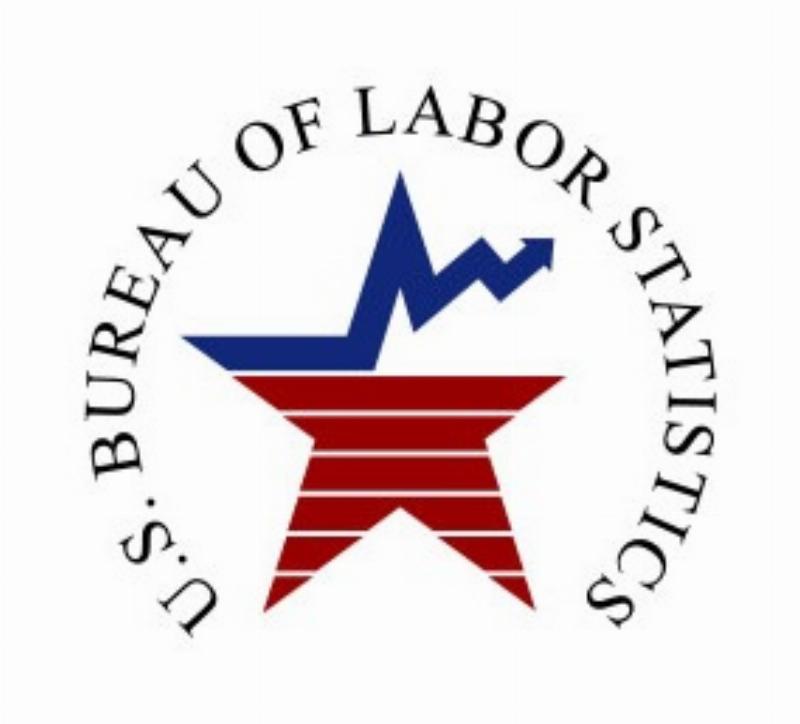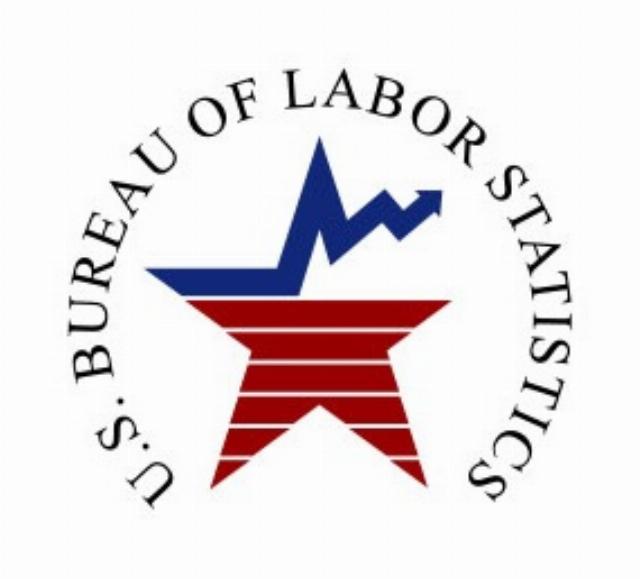


President Trump has appointed E.J. Antoni, an economist from the Heritage Foundation, to head up the Bureau of Labor Statistics.
This is an extremely challenging job because the traditional approach -- not going back months, but decades -- has always been terribly partisan. It is, almost by definition, based more on a ton of subjective opinions than on any actual objective facts.
The press -- even the allegedly business-minded publications, which ought to know better -- is slamming President Trump for firing the last BLS chief, claiming that she was fired only “because last month's numbers weren't to his liking.”
It's a lie.
In fact, the BLS has been producing objectively bad reports for decades, routinely exaggerating the good news during Democrat administrations and exaggerating the bad news during Republican administrations. They're always quietly adjusting the numbers weeks or months after the fact -- and it's funny, isn't it, how the adjustments always seem to favor the Democrats and hurt the GOP?
E.J. Antoni is a great numbers guy. To the extent that this job can be done well, in a nation this huge and an economy this diverse, he'll be fine.
But, just as we have learned to expect more creativity from this administration in areas of foreign policy and bureaucratic oversight, let’s hope too for more creativity in this statistics-gathering role.
The really important challenge is going to be in establishing rational expectations in defining the real meaning of these statistics.
When the BLS reports on job growth and unemployment changes, to be really helpful they need to provide more precise definitions so that we can better interpret the information.
 Is the growth or decline in government jobs or in private sector jobs? Is the increase or decrease in full-time jobs or part-time jobs? Are small businesses growing or declining? Are taxes and/or inflation eating away apparent job gains?
Is the growth or decline in government jobs or in private sector jobs? Is the increase or decrease in full-time jobs or part-time jobs? Are small businesses growing or declining? Are taxes and/or inflation eating away apparent job gains?
And perhaps the most challenging of all to capture and report: are career growth opportunities increasing or declining?
The nation could live without receiving any of these statistics from the government. It’s not like the country needs it at all. News sites report this data; op/ed writers write about it; investment advisors use it to color their recommendations. So, the data gets plenty of use -- for good or ill -- but that doesn’t mean it’s ever really been the federal government’s job to produce it.
If we are objecting to the lousy data we’ve been getting for years -- and yes indeed, objectively, it’s been lousy -- we shouldn’t just appoint a new reporter. We should take a fresh look at all these data, and see if there’s a way that these routine reports can really add value to other branches of government and to the public’s choices of where to live, what jobs to seek, what courses to study, and for whom to vote.
Every single data point they collect could tell a story, but such stories are not told by a simple report of how much non-farm payrolls have increased or contracted in a given month. New jobs in retail might mean cashier roles and store management roles -- nice, but not a ton of career advancement opportunity.
New jobs in manufacturing, however, means everything from assembly line work up to plant foreman, from buyer and inside sales to marketing and engineering management roles -- producing a ton of long-term opportunity. One kind of minimum wage job is worth it because it’s the first step on a tall career ladder; another kind of minimum wage job is only worth it as a second job while pursuing something better. Wouldn’t it be grand if the BLS could craft their reports in a way that even the press could make it useful?
Here’s the bottom line: E.J. Antoni’s challenge in this position will be to find a way to deliver useful information to our country on whether the American Dream is growing more achievable or more remote.
That's what the American people need to know, and it's not an easy thing to track or to report.
Here’s hoping that President Trump’s new-and-improved BLS under E.J. Antoni takes a fresh look at its purpose, and manages to come up with a new and better way.
John F. Di Leo is a Chicagoland-based international transportation manager, trade compliance trainer, and speaker. Read his book on the surprisingly numerous varieties of vote fraud (The Tales of Little Pavel), his political satires on the Biden-Harris years (Evening Soup with Basement Joe, Volumes I, II, and III), and his most recent collection of public policy essays, Current Events and the Issues of Our Age, all available in eBook or paperback, exclusively on Amazon.
Image: BLS
